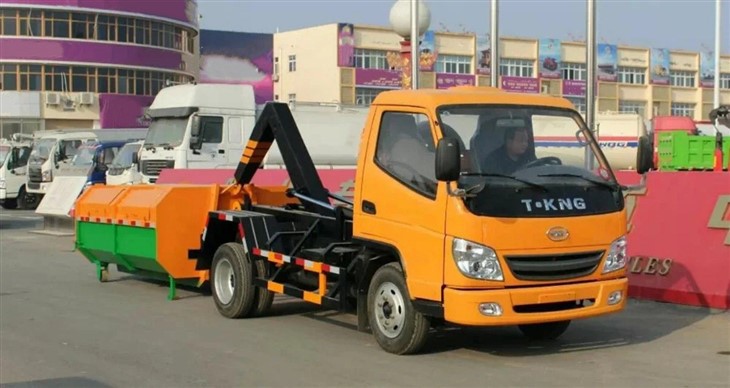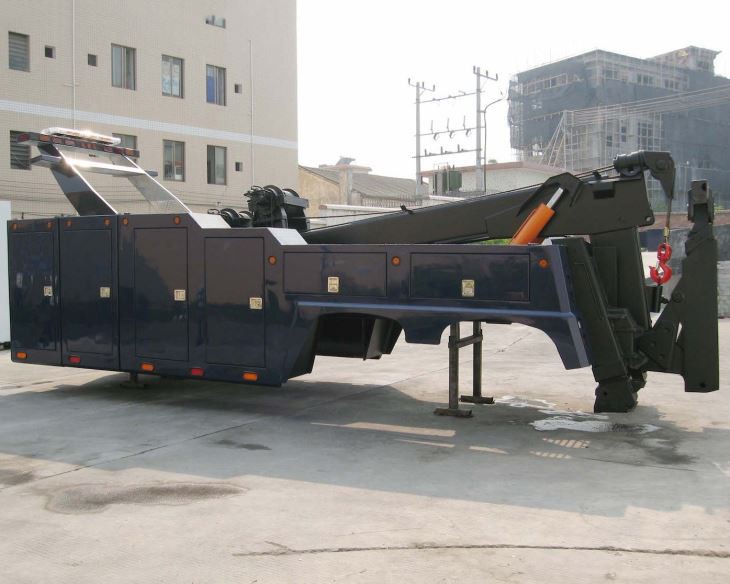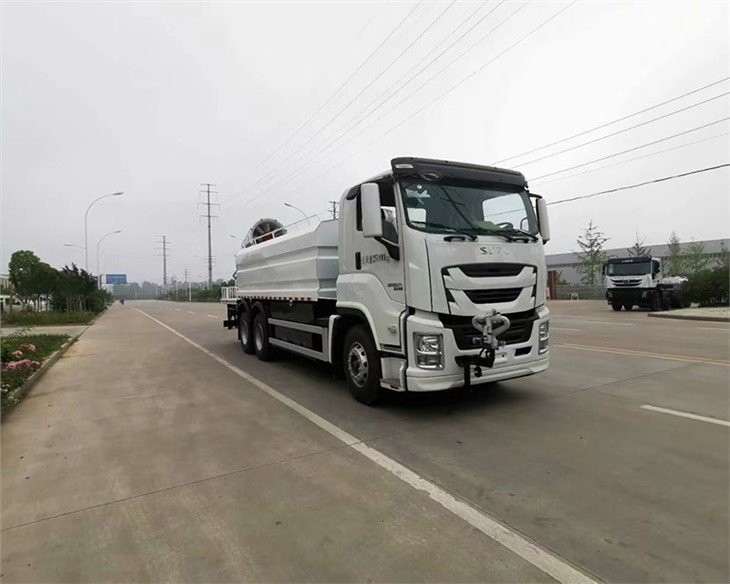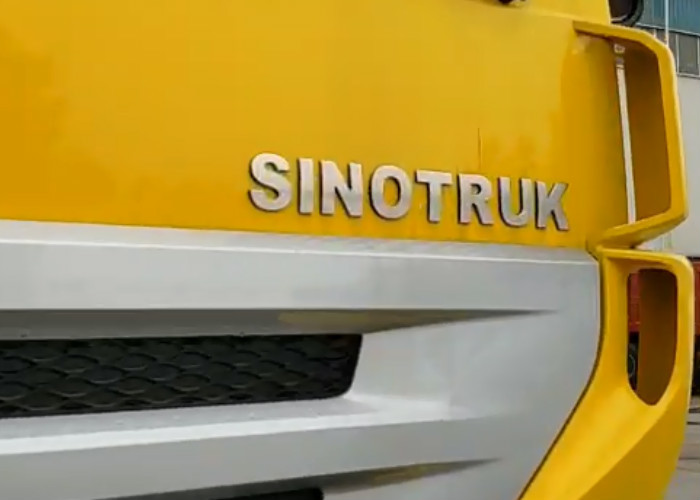Introduction to Hook Trucks
Hook trucks are essential vehicles designed primarily for hauling cargo and transporting goods efficiently. These robust machines feature a unique hook-lift system, allowing them to carry various containers and trailers. This versatility makes hook trucks indispensable in numerous industries, including construction, waste management, and logistics. In this article, we will explore the various aspects of hook trucks, their benefits, types, and practical applications, along with tips for maintenance and selection.
What is a Hook Truck?
A hook truck is a specialized vehicle equipped with a hydraulic system that allows it to lift, transport, and unload containers. The hook system is an innovative mechanism that hooks onto a compatible container and uses hydraulic power to raise it off the ground, making it easy to load and unload cargo. This design streamlines the process of transporting goods, as it eliminates the need for additional equipment like cranes or forklifts.
Types of Hook Trucks
Standard Hook Trucks
Standard hook trucks are designed with a chain and hook system that can lift various container sizes. These trucks are perfect for general use in construction and waste removal.
Roll-off Hook Trucks
Roll-off hook trucks are specifically designed to handle roll-off containers. They are widely used in the waste management industry, where they can easily swap out different containers based on the type of waste being collected.
Multi-Function Hook Trucks
Multi-function hook trucks come equipped with additional features, allowing them to perform various tasks beyond standard cargo transportation. These trucks can be fitted with cranes, flatbeds, or other attachments, making them suitable for diverse applications.
Heavy-Duty Hook Trucks
Heavy-duty hook trucks are built to carry significantly heavier loads. These trucks typically have a stronger chassis and more powerful hydraulic systems to handle the additional weight, making them ideal for industrial applications.
Benefits of Using Hook Trucks
Versatility
Hook trucks can transport a wide range of containers and trailers, making them suitable for various industries. This adaptability can save businesses money by reducing the need for multiple types of trucks.
Efficiency
The hook-lift mechanism allows for quick loading and unloading, significantly reducing downtime. Businesses can optimize their operations by using hook trucks for on-the-spot deliveries and pickups.
Cost-Effectiveness
Investing in a hook truck can lead to long-term savings. By minimizing the need for additional labor and equipment, businesses can reduce operational costs. Moreover, hook trucks often have lower maintenance requirements compared to traditional trucks.
Reduced Footprint
Hook trucks take up less space compared to traditional loading systems, making them ideal for urban environments where space is limited. They can access tighter locations and navigate through congested areas more easily.
Practical Applications of Hook Trucks
Construction Industry
In the construction sector, hook trucks are commonly used for transporting building materials, tools, and waste containers. Their ability to switch between different containers makes them a valuable asset on construction sites.
Waste Management
Hook trucks are a staple in waste management services. Roll-off containers can be easily swapped out, allowing for efficient collection and transportation of waste materials. This flexibility enhances the overall waste management process.
Logistics and Transportation
In the logistics industry, hook trucks serve as a crucial link in the supply chain. They can efficiently transport goods between warehouses and distribution centers while minimizing loading/unloading times.
Example Scenario
A logistics company uses hook trucks to manage the transportation of different cargo types, including raw materials and finished products. The ability to quickly change containers allows for streamlined operations and reduced lead times. Using a standard hook truck, the company can load a container with raw materials at a manufacturing site and transport it to a warehouse, where they can quickly swap for an empty container for their next load.
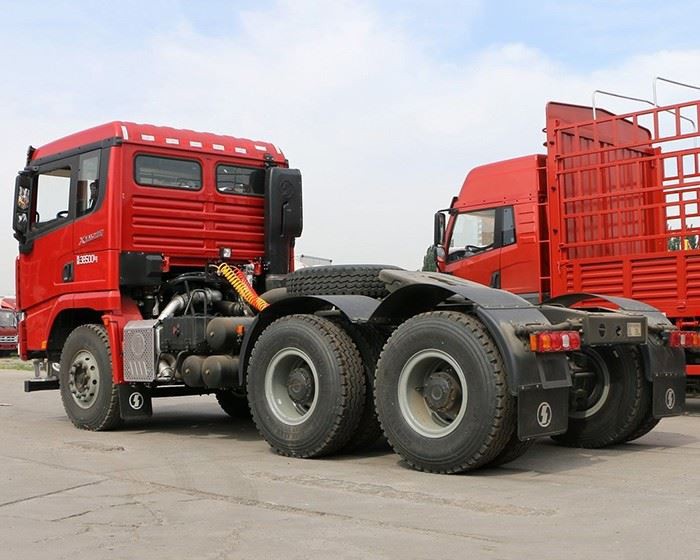
Selecting the Right Hook Truck
Assess Your Needs
Before purchasing or renting a hook truck, assess your specific needs. Consider the types of containers you will be using, the average weight of the cargo, and the frequency of use. This evaluation will help you choose the appropriate model for your operations.
Consider Performance Specifications
Evaluate the performance specifications of potential hook trucks, including payload capacity, lift height, and hydraulic power. Choosing a truck that meets or exceeds your specifications ensures optimal performance.
Look for Features
Different hook trucks come with various features, such as automatic or manual systems, additional attachment options, and safety mechanisms. Choose a truck that offers features tailored to your operational needs.
Evaluate Maintenance Requirements
Consider the maintenance requirements of the hook truck you plan to purchase or rent. Some models have higher upkeep needs than others, impacting long-term costs. Opt for a truck that balances performance and maintenance ease.
Maintenance Tips for Hook Trucks
Regular Inspections
Conduct routine inspections of the hydraulic system, hook mechanism, and chassis to ensure everything is functioning correctly. Look for any signs of wear and tear that may require immediate attention.
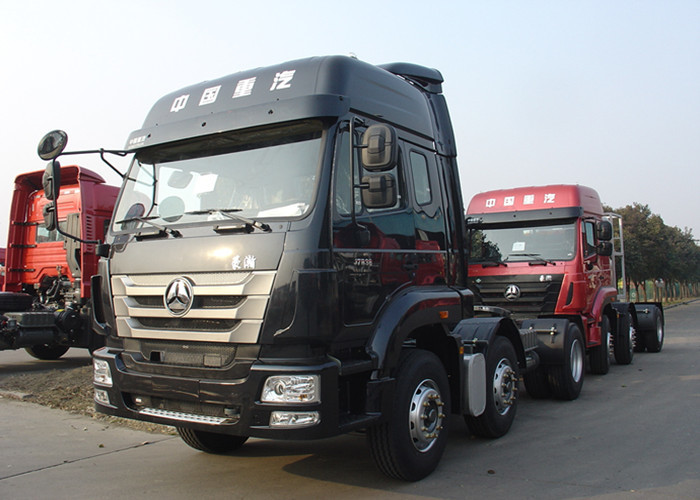
Hydraulic System Maintenance
The hydraulic system is crucial for the lift function of the hook truck. Regularly check and replace hydraulic fluid to maintain system efficiency. Ensure hydraulic lines are not damaged or leaking.
Brake and Tire Checks
Inspect the brakes and tires frequently. Worn brake pads can compromise safety, while under-inflated or damaged tires can affect performance and fuel efficiency. Keep all vehicle components in optimal condition.
Keep the Truck Clean
A clean truck is less susceptible to rust and corrosion. Regularly wash the exterior and clean the chassis to maintain the overall condition and longevity of the vehicle.
Cost Considerations for Hook Trucks
Initial Investment
The initial purchase price of a hook truck can vary widely based on size, features, and manufacturer. Consider budgeting accordingly and exploring both new and used options for better pricing.
Operating Costs
Estimate your ongoing operational costs, including fuel, maintenance, and insurance. Understanding these costs will aid in determining the overall financial impact of using a hook truck in your operations.
Financing and Leasing Options
Explore financing and leasing options to minimize the burden of upfront costs. Leasing is an attractive option for companies that may not need a truck year-round, allowing them to avoid large upfront payments while maintaining access to the necessary equipment.
Future Trends in Hook Trucks
Electric and Hybrid Hook Trucks
As sustainability becomes a priority across industries, the development of electric and hybrid hook trucks is underway. These models promise to reduce emissions and fuel costs while maintaining performance.
Automation and Technology Integration
Technological advancements are integrating automation and smart features into hook trucks. Future models may include automated load sensing, GPS tracking, and enhanced safety systems for improved efficiency and safety.
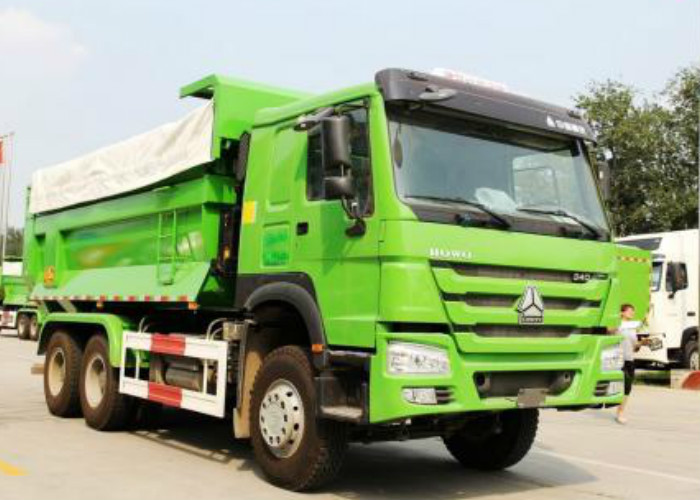
FAQ Section
What is the load capacity of a typical hook truck?
The load capacity of hook trucks typically ranges from 10,000 to 40,000 pounds, depending on the model and design specifications.
Can hook trucks be used for off-road applications?
Yes, some hook trucks are designed for off-road applications, but it’s essential to choose a model with appropriate tires and suspension for rugged terrains.
How often should maintenance be performed on a hook truck?
Regular maintenance is crucial for optimal performance. Inspections should occur monthly, while more extensive service checks should happen every 1,000 operating hours or as recommended by the manufacturer.
Are hook trucks suitable for urban environments?
Yes, hook trucks are ideal for urban environments due to their compact size and ability to maneuver through tight spaces, making them effective for city logistics and waste management.
What types of containers can hook trucks transport?
Hook trucks can transport various container types, including roll-off containers, dumpsters, flatbeds, and custom containers designed for specific cargo types.
Is training required for operators of hook trucks?
Yes, training is recommended to ensure operators understand the safe operating procedures and appropriate handling of hook trucks and their cargo.
